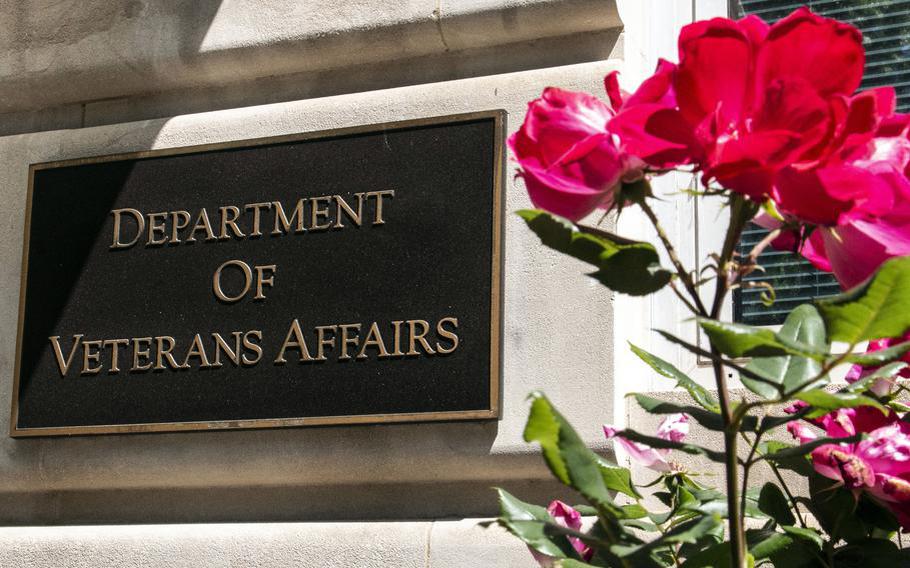
Psychiatrists registered with the Department of Veterans Affairs to provide care in the community often encounter payment delays and scheduling problems, causing them to leave the VA system, according to a former VA clinician now in private practice. (Stars and Stripes)
The clock is ticking. Thousands of down-on-their-luck military veterans are in limbo and risk losing their homes if the government fails to act.
The root of the issue is the congressionally authorized Partial Claim Payment program from back during the pandemic, which the Department of Veterans Affairs ended in October 2022, despite widespread warnings that such an abrupt termination could lead to the very unintended foreclosures on veterans’ homes we fear will happen now. So the VA then started the Veterans Affairs Servicing Purchase (VASP) program, but that took 13 months to get in place, a reality of how slow the government moves even to take care of “urgent” needs, a reality we cannot ignore when we look at possible replacements for the VASP.
There are understandable concerns that the VASP’s method of buying the delinquent loans and having the federal government hold them was far beyond what the VA Home Loan Guaranty program was ever envisioned to do, and that doing so could lead to underappreciated financial risks.
And Congress is heeding those warnings and acting fast. Reps. Derrick Van Orden, R-Wis., and Mike Bost, R-Ill., of the House Veterans’ Affairs Committee, in coordination with the ranking Democratic member of the committee, California Rep. Mark Takano, introduced the VA Home Loan Program Reform Act (HR 1815) on March 3, held hearings on March 10, reported it out of subcommittee on April 9, reported it out of the full committee on May 19, and passed by bipartisan voice vote the same day, positively meteoric speed for any legislation to move through Congress.
Still, the bill must pass the Senate. Even if that happens and President Donald Trump signs it soon after, it would still take months for the VA to implement the legislation. Thousands of stranded veterans will stay on the brink of losing their homes in the meantime.
The National Defense Committee is leading military and veteran advocacy group efforts to get the Senate to act quickly on the VA Home Loan Program Reform Act. But in the interim the National Defense Committee also encourages VA Secretary Doug Collins to extend the current VASP program through at least the end of fiscal year 2025, with the potential for longer depending on the speed with which replacement program authorizing legislation can be passed by Congress and the new regulations promulgated.
At the Elizabeth Dole Foundation’s Caregiver National Convening on May 20, Collins boldly, but properly, decried that too often the VA bureaucracy focuses on what is best for the VA’s structure, and not necessarily for the veteran, and that philosophy needs to be applied to this issue as well. He said no one has all the right answers and the VA needs to take ideas from outside the VA. He can do that here by simply extending the VASP program until the new legislation is passed and the new regulations are in place.
Absent such a bridge program, the more than 80,000 VA-guaranteed mortgage holders who are currently seriously delinquent would have their missed payments bundled into a new 30- or 40-year mortgage at current rates, which currently stand as high as 7%. This would saddle these veterans with unaffordable monthly payments. Undoubtedly, the VA would ultimately need to foreclose on thousands of those homes.
Let’s not find out what happens when thousands of military veterans, service members and their families lose their homes. It is time to stand up for our veterans, just as they have stood up for us.
Bob “Shoebob” Carey, a retired U.S. Navy captain, is chairman of the National Defense Committee, a veterans organization dedicated to military and veterans civil and legal rights. He’s worked for a number of veteran and military advocacy organizations, served as a member of the Senior Executive Service in both the departments of Defense and Energy, and was a national security adviser to two U.S. senators.